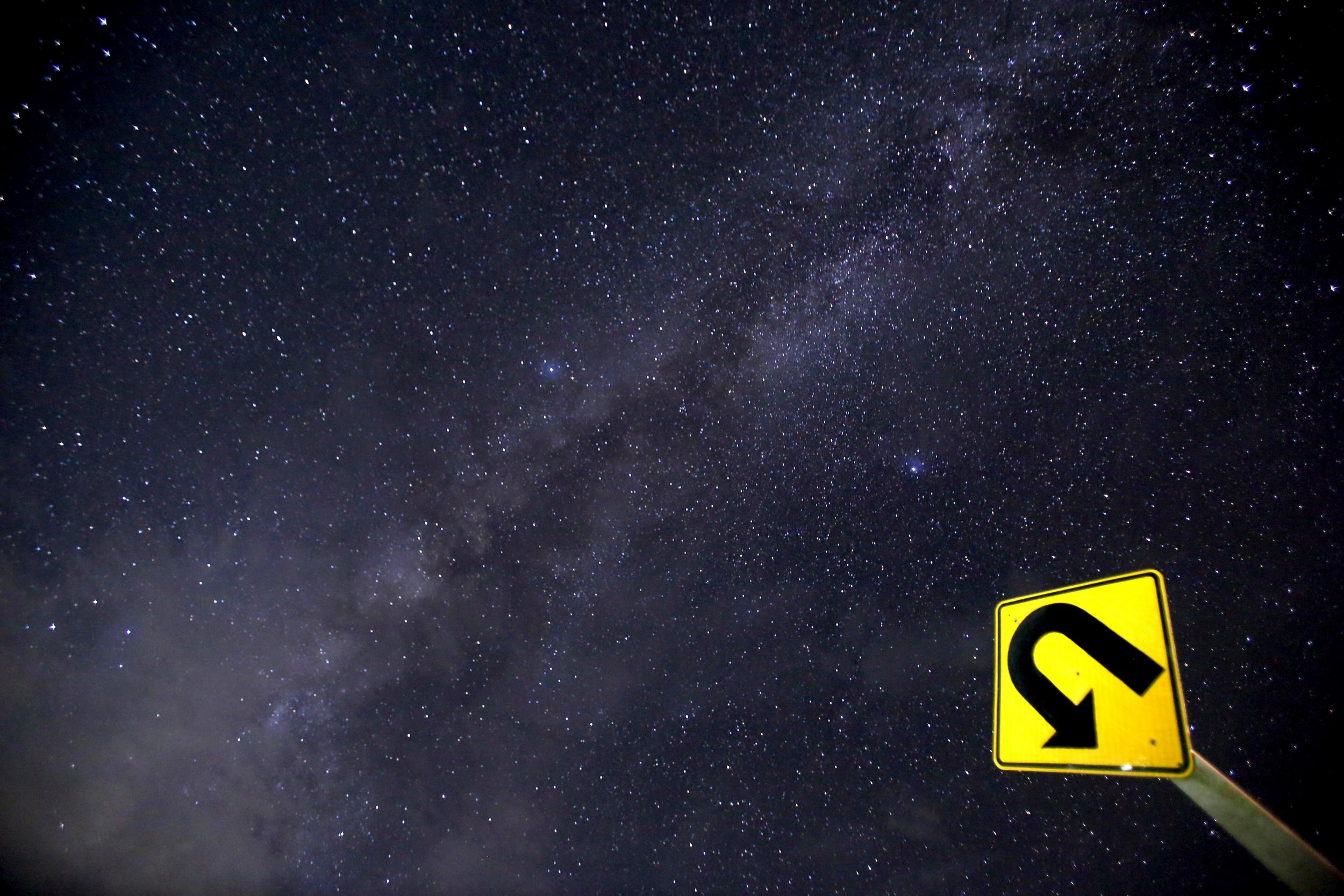Milky Way clogged with trillions of tonnes of 'dirty, toxic space grease', study finds
Scientists estimate there is around 10 billion trillion trillion tonnes of 'space grease' in our galaxy

Your support helps us to tell the story
From reproductive rights to climate change to Big Tech, The Independent is on the ground when the story is developing. Whether it's investigating the financials of Elon Musk's pro-Trump PAC or producing our latest documentary, 'The A Word', which shines a light on the American women fighting for reproductive rights, we know how important it is to parse out the facts from the messaging.
At such a critical moment in US history, we need reporters on the ground. Your donation allows us to keep sending journalists to speak to both sides of the story.
The Independent is trusted by Americans across the entire political spectrum. And unlike many other quality news outlets, we choose not to lock Americans out of our reporting and analysis with paywalls. We believe quality journalism should be available to everyone, paid for by those who can afford it.
Your support makes all the difference.Astronomers have discovered that the Milky Way is filled with vast amounts of toxic grease, which could one day hamper interstellar space travel.
The grease-like molecules, called aliphatic carbon, were studied by researchers at the University of New South Wales (UNSW) in Australia and Ege University in Turkey, who calculated how much of the material was present in the space between stars.
By their estimations, there are 100 greasy carbon atoms for every million hydrogen atoms, meaning the Milky Way alone contains about 10 billion trillion trillion tonnes of greasy matter. This equates to around 40 trillion trillion trillion packs of butter, though the scientists say it is not something you would want to eat.
"This space grease is not the kind of thing you'd want to spread on a slice of toast," said Tim Schmidt, a UNSW professor who works in the university's School of Chemistry.
"It's dirty, likely toxic and only forms in the environment of interstellar space – and our laboratory. It's also intriguing that organic material of this kind – material that gets incorporated into planetary systems – is so abundant."
Professor Schmidt said that the grease is not present in our solar system, as it is forced out by the solar wind. The only way to encounter it would be by sending a space craft into interstellar space – the windscreen of which could become coated by the fine mist of grease.
The scientists now plan to research a different form of "moth-like" carbon, which they hope will help determine how much carbon is available to create life. Theoretically, the carbon molecules could form the seeds of carbon-based alien life on different planets.
The results of the study are set to be published in a paper in the astronomy journal Monthly Notices of the Royal Astronomical Society.
Join our commenting forum
Join thought-provoking conversations, follow other Independent readers and see their replies
Comments